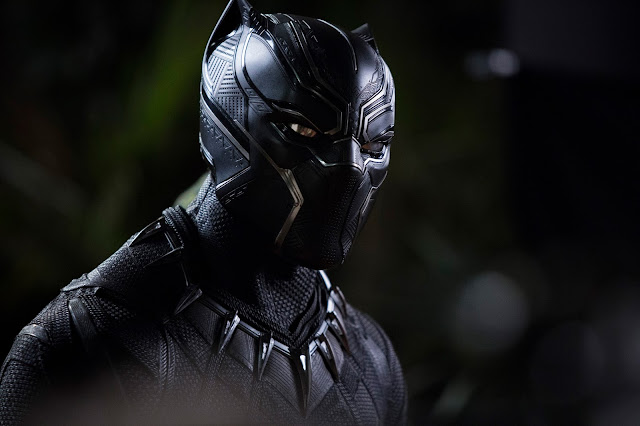Ryan Coogler, Michael B. Jordan turn in a near perfect Southern Gothic tale in SINNERS
 |
| The teaser poster for writer/director Ryan Coogler (Black Panther, Creed, Fruitvale Station) southern gothic horror thriller SINNERS. Credit: Alon Amir © All Right Reserved. |
WATCH THE TRAILER HERE:
CAST:
The Smokestack Twins Smoke and Stack (Michael B. Jordan)
Sammie a.k.a. Preacher Boy (Miles Caton))
Beatrice (Tenaj Jackson)
Mary (Hailee Steinfeld)
Delta Slim (Delroy Lindo)
Remmick (Jack O’Connell)
Annie (Wunmi Mosaku)
Grace (Li Jun Li)
Bo Chow (Yao)
Pearline (Jayme Lawson)
WRITER /DIRECTOR: Ryan Coogler
THE PLOT: Smoke and Stack (Michael B. Jordan) are twins who left their native Clarksville, Mississippi for a better life up north in Chicago long ago. Now, they are back and throwing around cash like it’s going out of style … For it seems that good fortune up north has led them back to Clarksville where they plan to open up their own juke joint. (It is 1932, after all.)
Their cousin Sammie a.k.a. Preacher Boy (Miles Caton) is a talented musician who’s pastor father (Saul Williams) has warned him about the perils of picking up the guitar he is fond of and playing secular music, a.k.a. the blues. But Sammie wants to follow his dreams, dreams which become stronger once he meets local legend Delta Slim (Delroy Lindo). Meanwhile, Smoke and Stack are building up their staff for their new venture, which, in addition to Delta Slim, includes local general store owners Grace (Li Jun Li) and Bo Chow (Yao), sharecropper Cornbread (Omar Benson Miller) and potions expert (and Smoke’s old flame) Annie (Wunmi Mosaku). Also hanging around is Mary (Hailee Steinfeld), a woman whose ethnic background has complicated her relationship with Stack, a.k.a. her former lover. Then again, Pearline (Jayme Lawson), a married woman in her own right, has caught the fancy of Sammie who is ready to let his little light shine.
All the parties find themselves in for an enjoyable opening night at Club Juke – until it isn’t. For once a man named Remmick (Jack O’Connell) comes a calling, their entire night is about to change … And all sinners will be punished for their deeds.
THE REVIEW: “No notes.” Those were the two words I texted a friend after finishing SINNERS, the latest collaboration between writer/director Ryan Coogler and his frequent muse, Michael B. Jordan. For in mixing in themes of music and its importance to the soul (literally), southern gothic themes relating to race and horror elements, Coogler’s latest film might be his best effort to date. For it is a cinematic experience of culture and storytelling that is a masterclass in creating and investing in characters and moments topped off with themes of love, loss and music.
Jordan has already staked his claim as one of Hollywood’s best young (aka under 40) talents; SINNERS finds him pulling off the remarkable task of playing twins and giving each enough depth to stand on their own. Whereas Stack is fast and smooth, Smoke is calculated, much more rough around the edges and yet both are passionate about their dreams and losses (as well as the impact of the women in their lives). Whereas Robert DeNiro’s recent turn as two mob bosses in The Alto Knights has been criticized by some as too much self-indulgence, it’s hard to imagine someone else turning in a dual performance that begs attention as much as Jordan does watching SINNERS.
Likewise, whereas Steinfeld’s and O’Connell’s character could quickly become one dimensional, both – just like Mosaku as Annie – craft personalities that are intricate to Smoke and Stack’s respective stories. While most will come to SINNERS for Jordan as the headliner, it is newcomer Miles Caton that is the film’s center, both musically and in terms of many of the various themes explored during the film’s two hours and 17 minutes. Caton’s future should be as bright as his performance is memorable which, given all he asked to do in his feature film debut, is saying something.
There have been many great duos in history from Abbott & Costello to Michael Jordan and Phil Jackson … With SINNERS following their previous efforts (Fruitvale Station, Creed, Black Panther, and Black Panther: Wakanda Forever), Coogler and Jordan have proven yet again they can make fantastic cinema together, this time exploring a new realm while maintaining all the elements – humor, timing, emotion and captivating scenes – that made all their prior journeys together work. Is that because of Jordan flexing his prowess to bring Coogler’s vision to life or Coogler putting his actors in the best possible light to shine? It’s both – and that’s what makes SINNERS a top film so far in 2025.
For like all of us, SINNERS may not be perfect, but it’s about as close to perfect as any human making a movie of its nature could hope to be.


